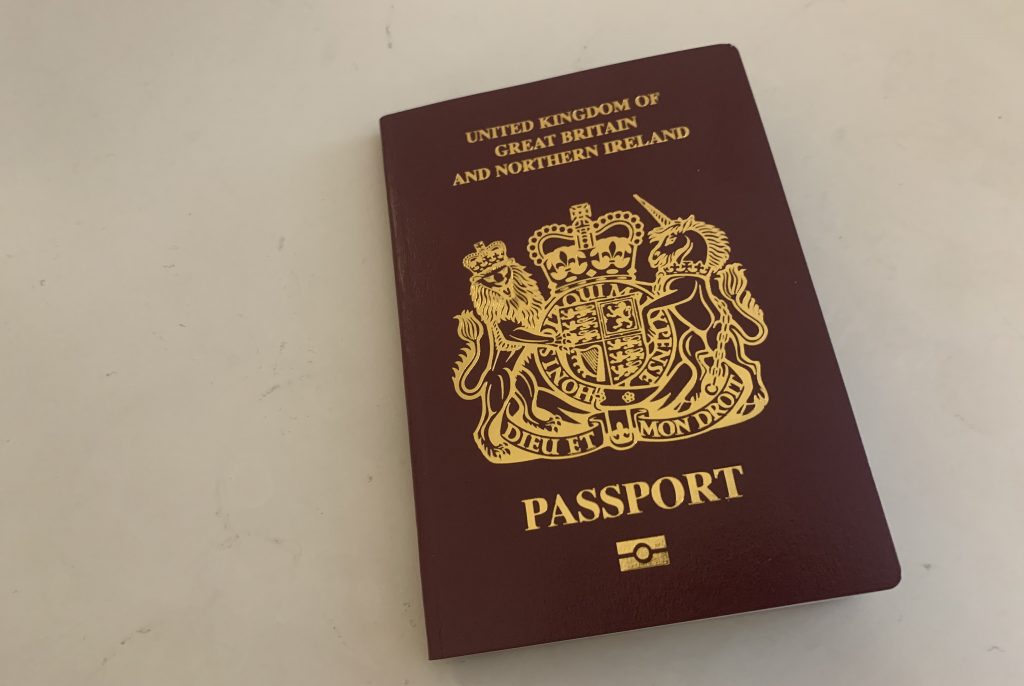Nationality and Borders Bill plans to strip British citizenship without notice
Under a new draft clause added to the government’s Nationality and Borders Bill, people in the United Kingdom could be stripped of their citizenship without warning.
Clause 9 of the Nationality and Borders Bill, proposed in July and updated in November, exempts the government from giving notice of a decision to deprive a person of citizenship if authorities do not have the subject’s contact details or if it is not “reasonably practical” to do so.
The clause states that notice would also not be given if such a move is “in the public interest”.
However, the Home Office has said those deprived of citizenship will still have the right to appeal.
A precedent was set in 2019, after Shamima Begum, who was born in London, was stripped of her UK citizenship due to her connections with the ISIL (ISIS).
Sajid Javid, home secretary at the time, argued that although Begum did not have a foreign passport, she would not be stateless because of her Bangladeshi ancestry. However, Bangladesh, which she had never visited, said she had no claim to the South Asian nation.
Since 2006, the UK has had the power to strip dual nationals of their British citizenship. Over the year the government have brought in new measures to counter-terrorism.
In 2014, these powers were extended to include foreign-born British citizens without dual nationality, who can be made stateless so long as the government believes they are eligible for foreign citizenship and if they have acted “in a manner which is seriously prejudicial to the vital interests of the United Kingdom, any of the Islands, or any British overseas territory,” according to the legislation.
But the new clause means people may not be notified of their stripped citizenship, with some six million people from ethnic minority backgrounds in the UK that could be affected by the proposed clause, including those of a Turkish Speaking background whose partners were born abroad.
The bill also aims to rule as inadmissible asylum claims made by undocumented people as well as criminalise them and anyone taking part in refugee rescue missions in the English Channel.
In a statement, the UK’s Home Office said: “British citizenship is a privilege, not a right. Deprivation of citizenship on conducive grounds is rightly reserved for those who pose a threat to the UK or whose conduct involves very high harm. The nationality and borders bill will amend the law so citizenship can be deprived where it is not practicable to give notice, for example if there is no way of communicating with the person.”









